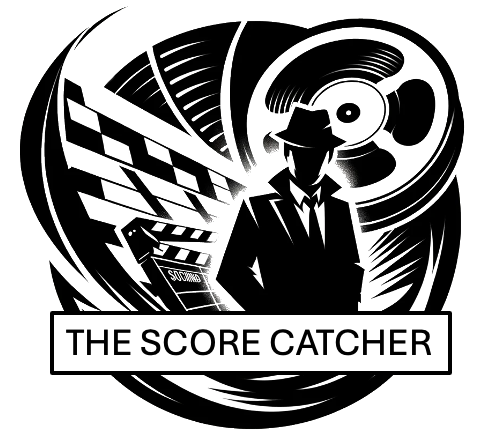Monday, BBC3, 9:00pm
In the pantheon of prison films, The Shawshank Redemption stands in a league of its own, telling a story of hope, friendship, and resilience within the cold confines of Shawshank State Penitentiary. Frank Darabont’s 1994 adaptation of Stephen King’s novella isn’t your typical prison drama, largely because of its ability to infuse warmth and humanity into a bleak setting. We follow Andy Dufresne (played by Tim Robbins), a banker sentenced to life for a crime he didn't commit, and his evolving friendship with the prison’s resident philosopher and contraband specialist, Red (Morgan Freeman). It’s a tale about breaking both walls and inner chains, making its way into the hearts of audiences worldwide. But there’s an uncredited star in this film that deserves special attention: Thomas Newman’s stunning score.

Thomas Newman’s soundtrack for The Shawshank Redemption is nothing short of transcendent. Known for his distinctive style, often described as "melodic minimalism," Newman brings subtlety and restraint to the score, using a mix of orchestral and electronic elements to capture the deep emotions underpinning the film. Tracks like “Brooks Was Here” and “So Was Red” delicately underline the characters’ internal struggles and aspirations. Newman uses a lot of shimmering strings and ambient tones, somehow conveying both the oppressiveness of prison life and the faint, persistent glimmer of hope. And of course, we mustn't forget that unforgettable sequence where Andy plays Mozart’s The Marriage of Figaro over the loudspeakers, a moment that symbolizes pure, uncontainable liberation and remains etched in the minds of viewers.
Newman’s score wasn’t just an atmospheric background but a storytelling tool in its own right. While the film was largely overlooked at the Oscars due to some stiff competition (yes, Forrest Gump), The Shawshank Redemption earned a nomination for Best Original Score. It may not have won, but Newman’s work has gone on to become iconic, often celebrated by collectors and critics alike. In the realm of film soundtracks, it’s one of those rare gems that feels timeless—a quiet revolution in cinematic scoring, much like the quiet resolve of its protagonist.
- Paul Allen
